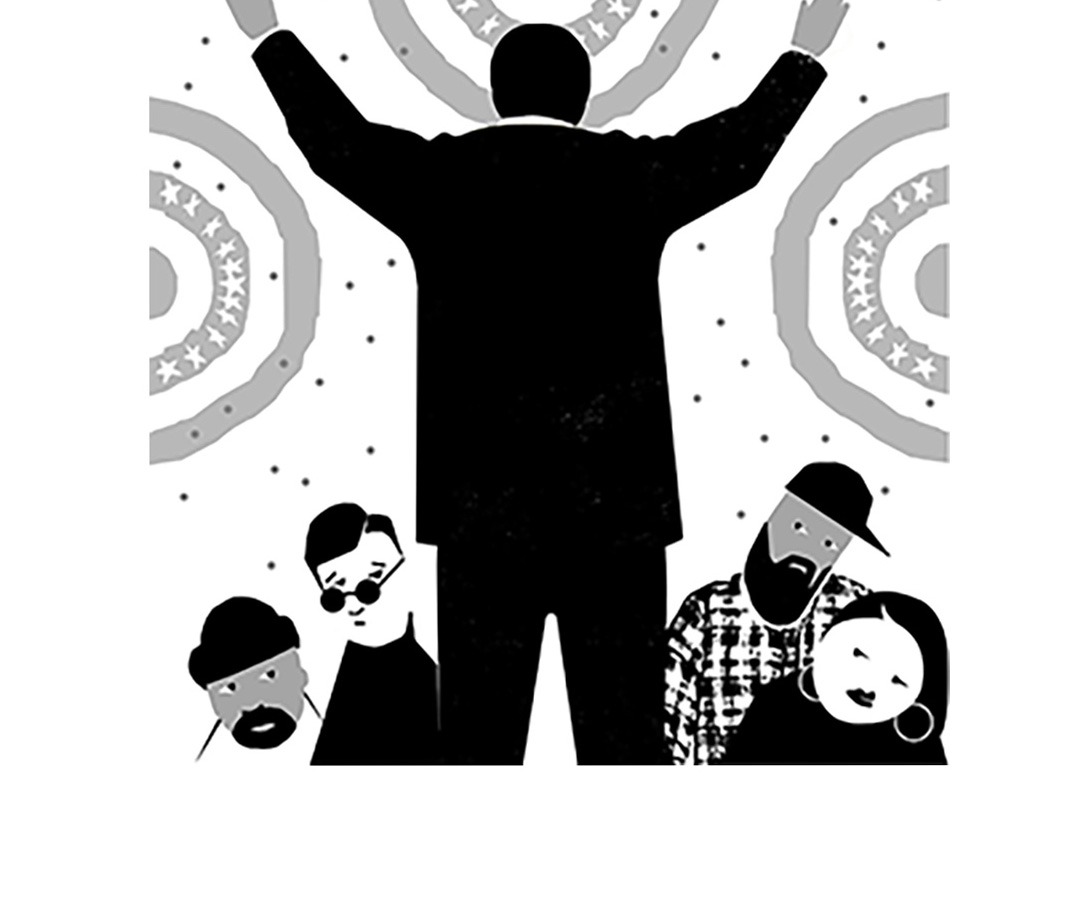Millennials are not what you think they are. In the common imagination, millennials are—we are told—entitled new urban professionals, highly educated and densely packed into the newly vibrant coastal cities of America. This is a convenient narrative, but, like many convenient narratives, it is wrong. And the cost of exactly how wrong could well be the failure to win back Congress in the upcoming midterms.
The average millennial is actually in her early to mid-thirties, likely living with a partner (though they are unmarried), renting a home in the suburbs of a midsize “flyover state” city. She likely does not have a college degree, though she took some college-level courses and therefore has student loan balances that cannot be repaid with college-required wages. She’s likely held about eight jobs since entering the workforce and has had a full-time job since age 18. For all this, she has been rewarded with a job that could be taken away at any time with compensation well below a living wage and has seen regressive policies enacted that will further entrench these trends.
This is a far cry from the avocado-eating caricature that dominates the political discourse about millennials. But progressives and—more importantly—their candidates must understand the language of the millennial generation if they hope to win back Congress in 2018. This is the largest voting bloc in American history. And what binds it together is not a love of small plates, a stack of diplomas, or even a shared Netflix password.
What binds the millennial generation together is this: they came of age in the wake of the financial crisis, and their lives were profoundly affected by the perception of corrupted governmental institutions supporting exploitative financial practices. From their earliest days, the real average millennials have faced the albatross of financial insecurity—be it student loans (shared by those who have degrees and, worse, those who don’t), inability to own a home due to stagnant wage growth, or growing (and more widely understood) inequalities of wealth. In a word, the millennial experience is founded on a shared sense that the system of American society established before them is fundamentally corrupted.
Of course, all voters feel that the system is corrupt—remember “Drain the swamp?” But the carried identity of millennials is not a garden-variety sense that the system is corrupt. It is a lived and bone-deep understanding that the system is not just corrupted—but that it is corrupted specifically against them. And moreover, it can break one of two ways: either it is a spark that engenders outrage and action, or it will result in the kind of learned helplessness that leads to apathy and disengagement. The former could lead to Democrats taking back Congress, and the latter will lead to another term of listless corruption of our basic civics.
So what, then, should we do? A few key points, both structural and substantive.
The millennial experience is founded on a shared sense that the system of American society established before them is fundamentally corrupted.
First, we must accord the millennial generation the dignity and respect it deserves. This means providing opportunities for leadership within existing party structures, or changing the party structures to include them. Millennial candidates exist. They run. And they win. Yet far too often they are relegated in intraparty discussions to side tables and sub-subcommittees. This cannot go on any longer. If we are to win the millennial vote, we need to ensure that millennials have the choice to elect someone like themselves—like every other generation.
Second, we must tighten our messaging. There should not be a campaign message generally and then a millennial message. These are prime working-age adults with significant policy concerns—their agenda is the agenda. And so we need to focus our language on the issues central to them. While this usually is conceived as student loans—and let’s be clear, that is a critical issue—it is more than that. The issue most central to millennial participation is the sense of corruption identified above. Our message—at every campaign level from local office to the United State Senate—needs to be anti-corruption.
The Republicans will likely throw around the blame-game name tag—trotting out hits against Nancy Pelosi, Hillary Clinton, and Chuck Schumer. They will try to tie progressive candidates to these leaders on the premise that the association will sink them. For Democrats to be successful, we need to pivot the conversation to an anti-corruption narrative. To have the freedom to build a better future, we need to remove corruption. And we need more than a negative anti-corruption plan; we need to tie it to a positive economic message. That is key to economic prosperity, it is key to blunting the tired conservative messaging machine, and it is key to securing the enthusiasm of millennial voters—and really any voter.
And finally, we need to follow through. Once we succeed electorally, these issues cannot be placed on the back burner. We need to enact an anti-corruption agenda—or else we risk total disengagement and continued conservative rule. Anti-corruption means money in politics, it means student loan reform, it means equitable health care reform, it means expanded voting rights, it means antitrust enforcement, it means pro-consumer reforms of business practices, and it means rebuilding the basic social trust that has been so frayed among millennials by decades of public disinvestment and political duplicity.
If we can do those things, we may have a shot of connecting with millennials. And they will provide the raw material for a new burst of reform energy in America. But in all likelihood we only get one shot. 2018 is the most important election cycle in recent history, and if we do not separate caricatures from reality, and if we do not speak honestly about the future, and if we do not follow through on our promises to the largest voting generation, we may fail the test of history.
Mark Riddle is the president of the New Leaders Council, the nation’s largest progressive, millennial political training program, with more than 50 chapters across the country.






0 Comments